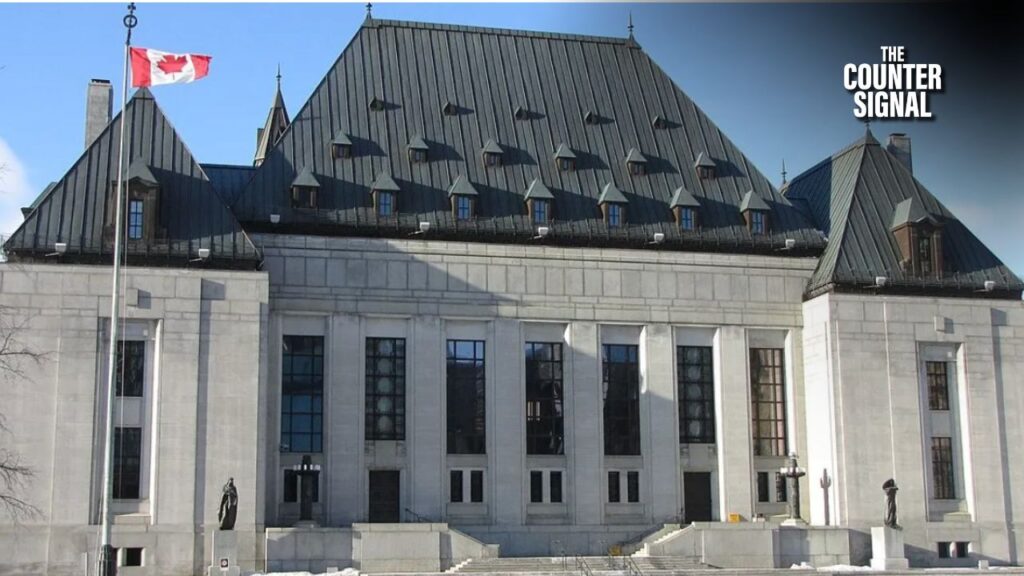In the aftermath of the recent Supreme Court verdict that deemed a substantial portion of the federal Impact Assessment Act unconstitutional, Attorney General of Ontario Doug Downey has announced immediate measures to establish legal clarity.

The move aims to allow a number of infrastructure projects to get started without undue delays.
“We’re not going to wait and have our projects held up,” Downey said on Tuesday. “We have 500,000 people coming into this province every year. We need the infrastructure, we need the highways.”
Two weeks ago, Canada’s Supreme Court ruled against one of Justin Trudeau’s keystone environmental laws, Bill C-69, known as the Impact Assessment Act.
The legal clarity sought over the ruling stems from the fact there are mixed reactions between provincial leaders and the feds.
“The federal government’s response to the Supreme Court’s opinion has created unnecessary confusion,” Downey said.
Alberta rejoiced in the decision, with Premier Smith calling it a “massive win.”
Federal climate change minister Steven Guilbeault said the decision doesn’t strike down his environmental law. Instead, he said he’d “tighten” it in response to the Supreme Court ruling.
Ontario’s Attorney General slammed Guilbeault’s response.
“Federal ministers have stated that even though the act was ruled unconstitutional, they’ll continue to enforce it and apply it to the provinces. And in the meantime, they claim they’re going to, quote, work on it. This is not acceptable,” Downey said.
Ontario is presently witnessing an unprecedented growth rate, which Downey said is placing significant strain on its infrastructure.
Seeking judicial review to confirm the Act’s unconstitutionality would, in effect, prevent the Trudeau Liberals from continuing to obstruct infrastructure projects.
As a result of the feds’ law, Ontario has faced barriers attempting to build or renovate Highway 413, Ontario Place, infrastructure facilitating housing, and new nuclear reactors.










